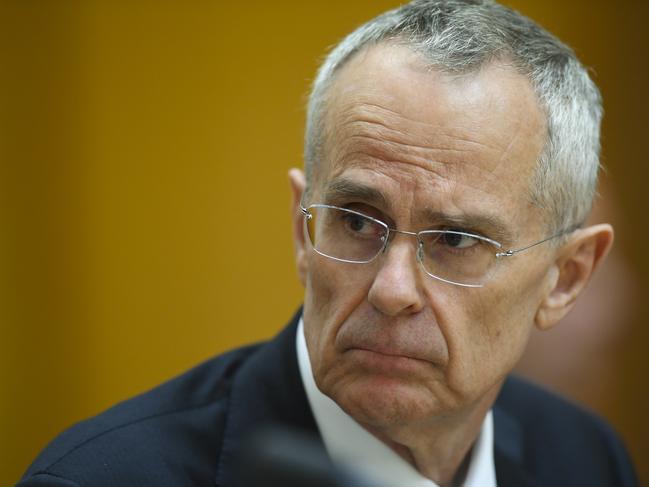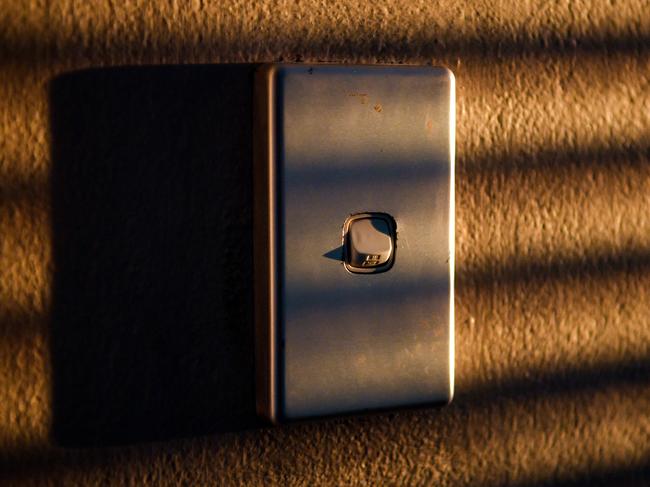Competition watchdog unhappy with energy market players
THE competition watchdog has called Australia’s energy sector “dysfunctional” and warned power companies that prices should come down as important reforms come into effect.
Business
Don't miss out on the headlines from Business. Followed categories will be added to My News.
THE competition watchdog has called Australia’s energy sector “dysfunctional”, warning power companies its reforms and new monitoring program should soon force prices down.
In its first electricity monitoring report, released yesterday, the Australian Competition and Consumer Commission said the federal and state governments were lagging in adopting its earlier recommendations.
FAMILIES FORCED TO DISCONNECT POWER AS COSTS SOAR
NEW POWER CABLE BETWEEN VICTORIA AND TASMANIA
Chair Rod Sims said the federal government had still not moved to abolish the small-scale renewable energy scheme, as recommended mid last year.
As it stands, the rooftop-solar subsidisation program is expected to be costing the average residential customer $36 a year within two years.

“The subsidy for small-scale installations is no longer required given the dramatic fall in the cost of rooftop solar since the start of the scheme in 2011,” Mr Sims said.
“It’s become economic for households to install solar panels, so there’s no reason why other users should subsidise this.”
The ACCC said there were much-needed reforms underway that would “help address the dysfunctional state of energy retailing in Australia”, but action in other parts of the market would “further reduce prices”.
Its monitoring report also found state governments had been slow to write down the value of state-owned electricity assets, which was keeping prices artificially high.
The charges for energy were “influenced by network asset values”, Mr Sims said.
“The higher the network asset value, the higher the charges network owners can impose,” he said.

“If states agree to write down the value of their network assets, then the network charges that are passed on to consumers will be lower.”
Queensland, New South Wales and Tasmanian consumers were paying an average of $100 more a year because state-owned assets had not yet been written down, he said.
There was also continuing confusion about the deals offered by energy providers.
In one example, a Victorian household would be paying $181 more every year if it signed up for a plan with a 43 per cent discount, compared with the cheapest no-discount plan on offer.
Another Victorian household paid an extra $859 a year for a plan that advertised a 34 per cent discount, but because they were late paying, the discount did not apply.
The ACCC has been scrutinising the energy market for six months under a monitoring program that will run for seven years, and will publish reports at least every six months.
Originally published as Competition watchdog unhappy with energy market players


